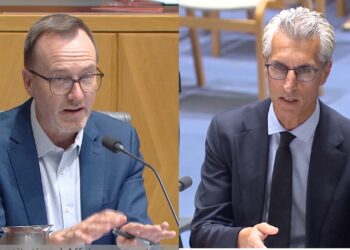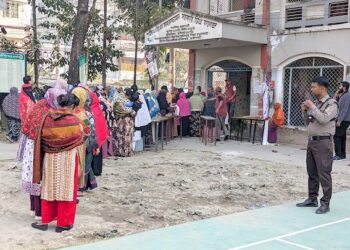In a significant legal development that has sparked both applause and controversy, the Delhi High Court has granted bail to Sharjeel Imam in connection with the 2020 Delhi riots case. The decision, reached after months of legal proceedings and deliberations, marks a pivotal moment in the ongoing saga surrounding the protests against the Citizenship Amendment Act (CAA) in India.
Sharjeel Imam, a prominent activist and scholar Found himself at the center of a maelstrom of allegations when he was arrested in January 2020 on charges of sedition and inciting violence during the protests against the CAA in Delhi. Accused of delivering provocative speeches that purportedly fueled the unrest, Imam’s arrest catapulted him into the spotlight as a polarizing figure in the national discourse on dissent and civil liberties.
The Delhi High Court’s decision to grant bail to Sharjeel Imam underscores the principle of due process and the presumption of innocence until proven guilty. It represents a crucial affirmation of the legal rights afforded to individuals accused of crimes, even in the face of intense public scrutiny and political pressure.
However, Imam’s release on bail is not without its caveats. The court has imposed stringent conditions, including restrictions on travel and participation in public gatherings, to ensure that he does not pose a threat to public order or tamper with evidence. Additionally, Imam is required to cooperate fully with the ongoing investigation and appear in court as and when required.
While the granting of bail to Sharjeel Imam has been hailed by some as a victory for justice and human rights, others have voiced concerns about the implications of releasing an individual accused of inciting violence. The 2020 Delhi riots, which erupted amid protests against the CAA, left a trail of destruction and claimed numerous lives. The wounds inflicted by the violence are still raw, and the granting of bail to Imam has reignited debates about accountability, communal tension, and the rule of law.
Beyond the specifics of Sharjeel Imam’s case, the issue of political prisoners in India looms large. In recent years, there has been growing concern about the use of draconian laws such as the Unlawful Activities (Prevention) Act (UAPA) to stifle dissent and target activists, journalists, and dissenting voices. The detention of individuals under these laws, often without trial or access to legal recourse, has raised questions about the erosion of civil liberties and democratic values in India.
Imam’s case is just one example of the broader pattern of state repression and abuse of power that has come to characterize the Indian political landscape. His arrest and subsequent detention have sparked outrage among civil society organizations and human rights advocates, who argue that he is being unfairly targeted for his outspoken criticism of the Modi government’s policies.
The plight of political prisoners like Sharjeel Imam highlights the need for systemic reforms to safeguard civil liberties and ensure the fair and impartial administration of justice. Calls for the repeal of draconian laws, the release of political prisoners, and the protection of fundamental rights have grown louder in recent years, as the Indian government faces mounting criticism for its heavy-handed approach to dissent.
As Sharjeel Imam prepares to navigate the legal process following his release on bail, the eyes of the nation remain fixed on his case. The outcome of his trial will not only determine his fate but will also serve as a litmus test for the strength of India’s democratic institutions and its commitment to upholding the rule of law. In a country where political dissent is increasingly met with repression and intimidation, the fight for justice and freedom of expression has never been more critical.











